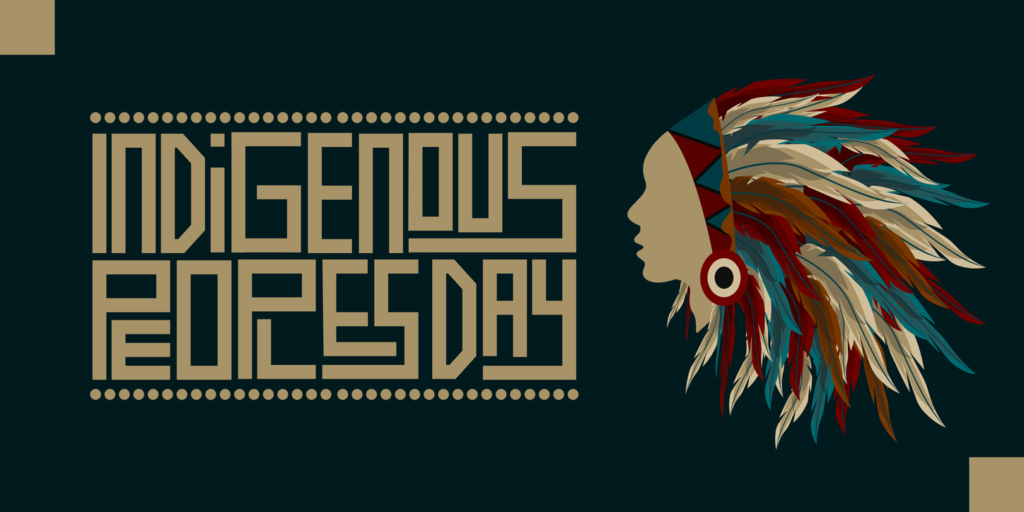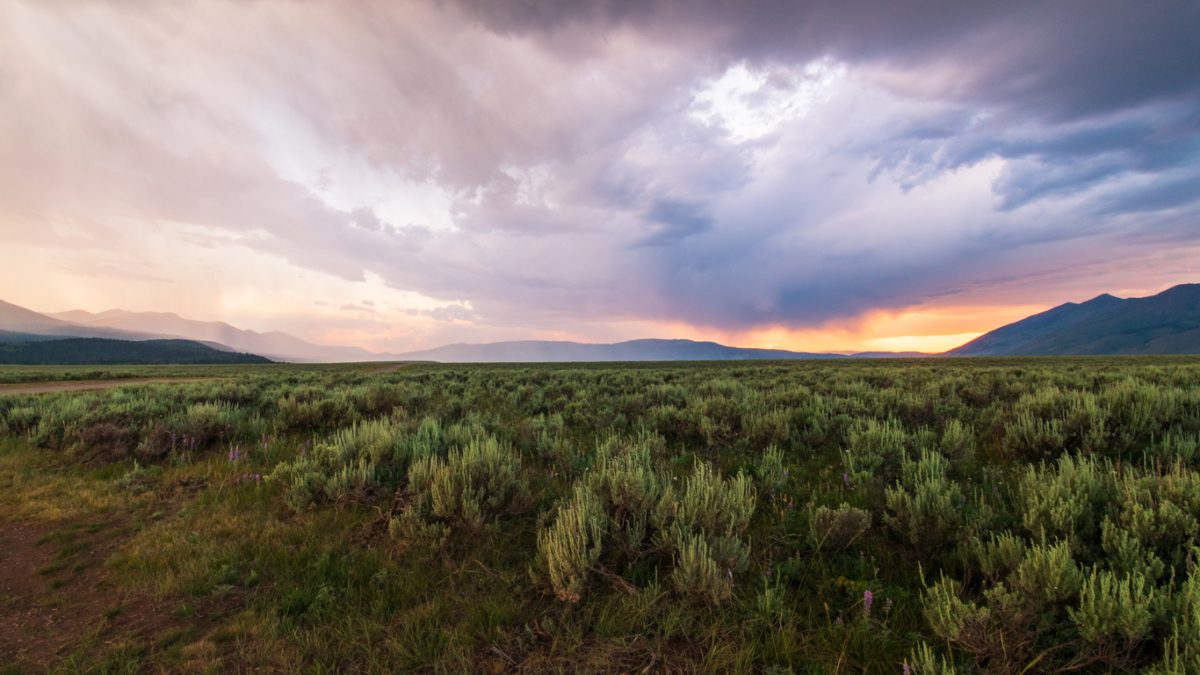In recent years, Indigenous Peoples’ Day has become a widely recognized holiday in the United States, replacing or coexisting with Columbus Day. This holiday provides an opportunity to honor and recognize the enduring legacies of Indigenous peoples in the Americas, while also shedding light on the often overlooked and misrepresented pieces of their history.
Indigenous Peoples’ Day was first proposed in the early 1970s by Indigenous activists, primarily in response to the celebration of Christopher Columbus’s arrival in the Americas. Columbus Day had come to symbolize the colonization, oppression, and violence inflicted upon Indigenous communities, and these activists and their allies began advocating for a day that would acknowledge the pre-existing Indigenous cultures and their achievements.
In 1992, the city of Berkeley, California, became one of the first places to officially replace Columbus Day with Indigenous Peoples’ Day. Since then, more cities and states followed suit, recognizing the need to rectify historical injustices and honor Indigenous voices. Today, Indigenous Peoples’ Day is celebrated through educational programs and cultural events that highlight Indigenous art, music, and traditions.
Take an opportunity to deepen your understanding of the history of this significant day by exploring our list of resources and events below.
Attend an event:
Explore Indigenous history:
- National Museum of the American Indian
- Native American Heritage Month
- First Nations Development Institute
Read educational articles and books:
Watch films and documentaries:
- Reel Injun: On the Trail of the Hollywood Indian
- Our Fires Still Burn: The Native American Experience
Engage with Indigenous voices:
Support Indigenous organizations:

Indigenous Peoples’ Day is more than just a holiday — it’s a call to action. It encourages all of us to reflect on the history of the Americas, recognize the enduring legacy of Indigenous cultures, and commit to a more inclusive and equitable future.
